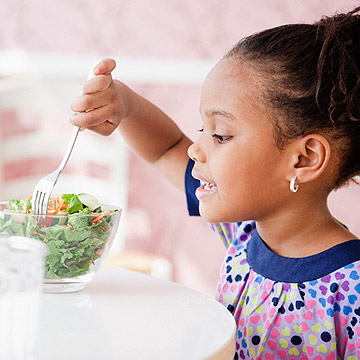Childhood diet, exercise creates healthier adults
Exercise and a healthy diet in childhood lead to adults with bigger brains and lower levels of anxiety, a new study had found. The research by the University of California (UC) revealed that though diet and exercise are consistently recommended as ways to promote health, the study is the first to examine the long-lasting, combined […]

Exercise and a healthy diet in childhood lead to adults with bigger brains and lower levels of anxiety, a new study had found.
The research by the University of California (UC) revealed that though diet and exercise are consistently recommended as ways to promote health, the study is the first to examine the long-lasting, combined effects of both factors when they are experienced early in life.
- 100 northerners leave Imo as 8 killed, 6 injured in fresh attack
FG plans new salary package for judges
The study lead and UCR physiology doctoral student, Marcell Cadney said any time you go to the doctor with concerns about your weight, almost without fail, they recommend you exercise and eat less, adding that that is why it is surprising most studies only look at diet or exercise separately. “In this study, we wanted to include both.”
The researchers determined that early-life exercise generally reduced anxious behaviours in adults and also led to an increase in adult muscle and brain mass.
Previously, the research team found that eating too much fat and sugar as a child can alter the microbiome for life, even if they later eat healthier. Going forward, the team plans to investigate whether fat or sugar is more responsible for the negative effects they measured in Western-diet-fed individuals.
UCR evolutionary physiologist Theodore Garland said the findings are relevant for understanding the potential effects of activity reductions and dietary changes associated with obesity.
“In other words, getting a jump start on health in the early years of life is extremely important, and interventions may be even more critical in the wake of the pandemic.
“During the COVID-19 lockdowns, particularly in the early months, kids got very little exercise. For many without access to a park or a backyard, school was their only source of physical activity. It is important we find solutions for these kids, possibly including extra attention as they grow into adults,” Cadney, said.
“Given that exercise was also shown to reduce adult anxiety, we believe children who face these challenges may face unique physical and mental health issues as they become adults in the coming decade.”
